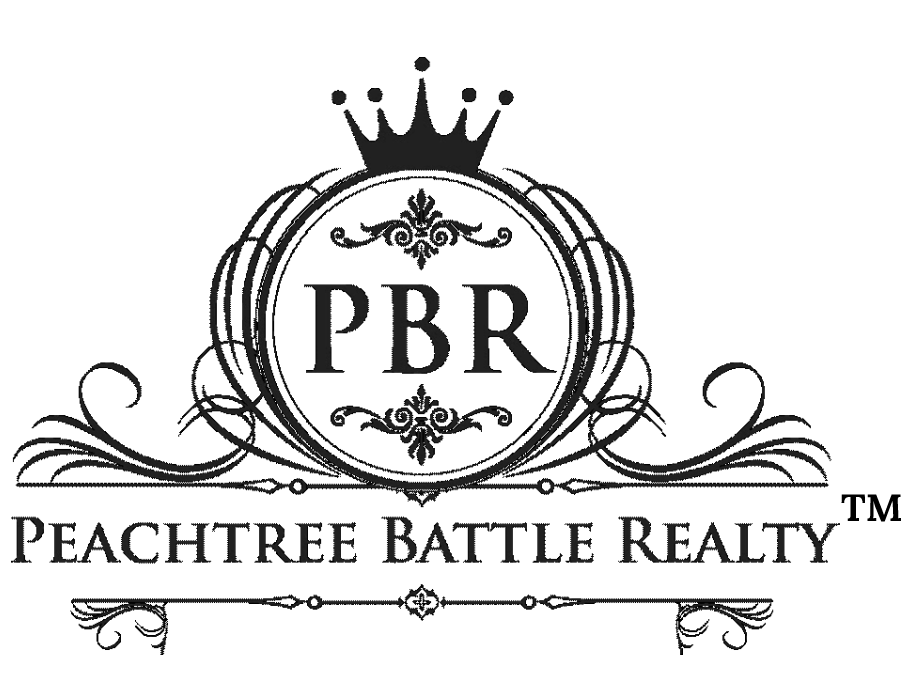

What are Closing Costs and How Much Will You Pay?
If you’re a first-time homebuyer, it’s easy to get caught up in the excitement of making plans for your new space. Even as you dream about color schemes, furniture placement, and the ideal layout of your new home, you’re probably also keeping a close eye on interest rates and your future mortgage payment. However, there are other transaction details you can easily overlook, such as the myriad of additional costs and fees charged to buyers as part of their home purchase transaction. These added expenses are called closing costs.
What are closing costs?
As your closing date approaches, your lender will provide a closing disclosure for you to review. It may be the first time you see an itemized list of one-time fees to pay on closing day in addition to your down payment. These standard closing costs pay the various parties involved in transferring ownership of the house from the previous owner to you. It’s important to review this disclosure for accuracy and to understand the various charges. This is the time to ask any questions before the deal is final.
What does a closing disclosure include?
Your disclosure will itemize your loan terms and the breakdown of the purchase price, principle, interest, payment amounts, and any fees associated with securing the loan.
- Lender Origination Points (often 1% – 3% of the loan amount)
- Buydown Points (any fee related to “buying down” or “lowering” the interest rate below PAR)
- Third-Party Fees (such as the appraisal, title policy, taxes, credit report fees, survey, and HOA fees)
- Prepaid Interest
- Taxes owed to the City or County
- Escrows required by the lender
- Property Insurance (Flood, Liability, Hazard, depending on where the property is located)
You want to ensure you understand the math and run through it yourself to double-check the numbers. No matter how professional and experienced your lender’s team is, mistakes happen now and then.
Who pays closing costs?
Closing costs are paid according to the terms of the purchase contract made between the buyer and seller. Typically, most of the closing costs will be paid by the buyer. The buyer will receive the closing disclosure and will be expected to pay the charges, but there are instances when the seller may have to pay some fees at closing too.
How do I estimate closing costs?
Several factors influence your closing costs, and as a result, these costs are not set in stone and will vary from one home purchase to the next.
Factors to include in your closing costs:
- The purchase price of the home
- Your down payment amount
- The type of loan you choose
- Any adjustments you negotiate with the seller
Typically, closing costs run between 2% and 5% of the price of your home. On a home purchased for $300,000, closing costs could range from $6,000 to $15,000, which is a significant range.
As an example, the median sale price for a single-family home in September 2022 was $402,983. So the average closing costs for such a home could range between $8,059 and $20,149 (2-5% of the purchase price). This amount covers taxes, bank fees, and third-party fees such as the title company’s charges.
Estimate your closing costs by preparing for an amount at the higher end of the range. This will hopefully leave you with extra money if your closing costs come in lower.
Expert Insights
“The best way to budget for closing costs when purchasing a property is to factor in a conservative 5% cushion on what you will need to bring to close and request for the seller to offer some type of credit or concession for closing costs in the offer,” suggests Capital Funding Financial. “In most markets today, the buyer still needs to have some money available to cover closing costs if the seller is unwilling to give concessions to cover some or all of the buyer’s closing costs.”
